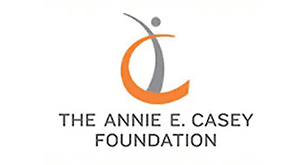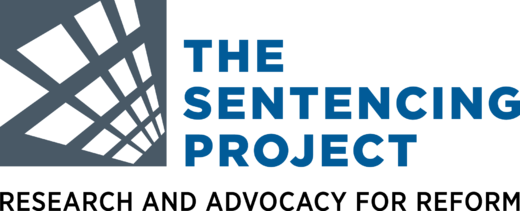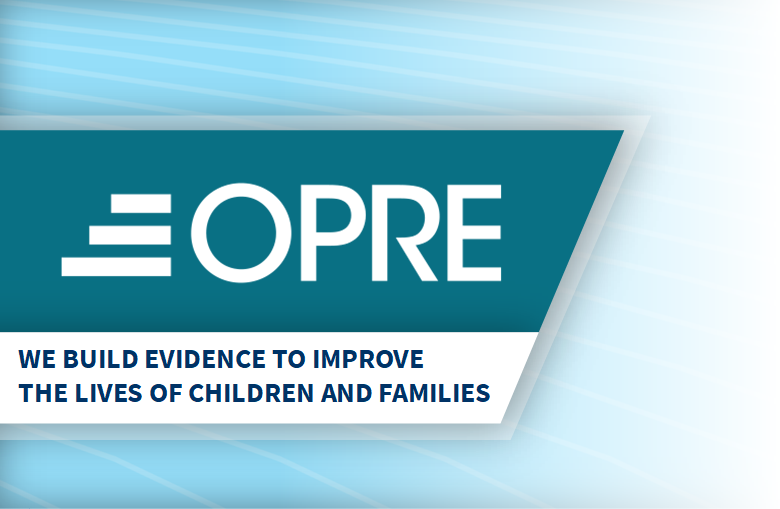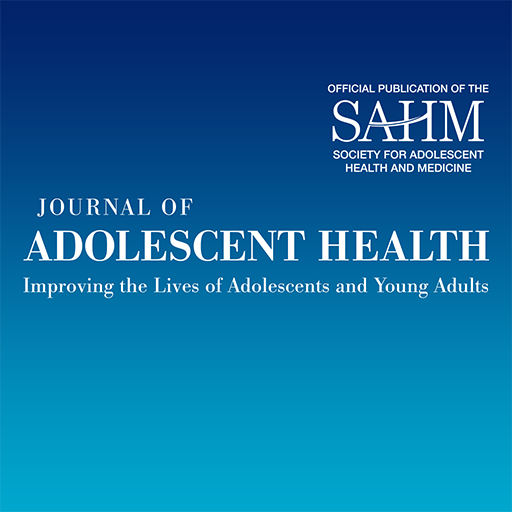CURRENT LEVELS OF TEEN SOCIAL MEDIA USE Virtually all teens (95%) ages 13 to 17 use social media, with more than 1 in 3 reporting that they use it “almost constantly.” While most U.S. social media platforms require users to be at least 13 years old, nearly 40% of kids ages 8 to 12 use social media. … Read More
Child Welfare

The State of Children With Disabilities and Special Health Care Needs
CHILDREN WITH SPECIAL HEALTH CARE NEEDS In 2019–2020, 19% of kids living in the United States — more than 14 million children total — had special health care needs, according to a 2022 summary of the Maternal and Child Health Bureau’s National Survey of Children’s Health. Children within … Read More

The Evidence Base for How and Why Infant and Early Childhood Mental Health Consultation Works
INTRODUCTION What is IECMHC? Infant and Early Childhood Mental Health Consultation (IECMHC) is an evidence-based service in which a mental health professional builds the capacity of early childhood professionals and programs to improve the social-emotional development of infants and young … Read More

Effective Alternatives to Youth Incarceration
EXECUTIVE SUMMARY As The Sentencing Project documented in Why Youth Incarceration Fails: An Updated Review of the Evidence, compelling research proves that incarceration is not necessary or effective in the vast majority of delinquency cases. Rather, incarceration most often increases … Read More

‘On Paper, You’re Normal’: Narratives of Unseen Health Needs Among Women Who Have Had Children Removed From Their Care
Introduction Child protective services have statutory power to intervene if they believe a child to be at risk of significant harm due to parental neglect, abuse, or concerns around parenting capacity. Local authorities can introduce ‘child protection plans’, which strive … Read More

Using Rapid Cycle Learning to Build Momentum for Change in Two-Generation Service Delivery
Abstract Two-generation initiatives intentionally combine intensive, high quality adult-focused services with intensive, high quality child-focused programs to improve outcomes for children, primary caregivers, and families. The goal of integrating services for primary caregivers and their children is to achieve better … Read More

Report Documents the Critical Elements of Protecting Alaska Native Children — Connections to Culture and the Environment
Research released today highlights an issue rarely discussed in the field of child welfare, but vital to the health and well-being of Indigenous children and families: their stewardship of the natural environment. The unique study focuses on many generations of … Read More

Restrictions on Food Stamps Will Be Lifted For Former Foster Youth
In a rare mention of foster youth during a White House briefing in May, a spokesperson for President Joe Biden made the case for easing the daily struggles of young adults aging out of the U.S. foster care system. New … Read More

The Indivisibility of Parental and Child Mental Health and Why Poverty Matters
Child mental health difficulties are common, with approximately one in five young people across all ages globally experiencing them. This is a major cause for concern, as child and adolescent mental health problems have deleterious effects, not only on social … Read More

Child Sexual Abuse Material
Federal law prohibits the production, advertisement, transportation, distribution, receipt, sale, access with intent to view, and possession of child sexual abuse material (CSAM). Underlying every sexually explicit image or video of a child is abuse, rape, molestation, and/or exploitation. The … Read More
